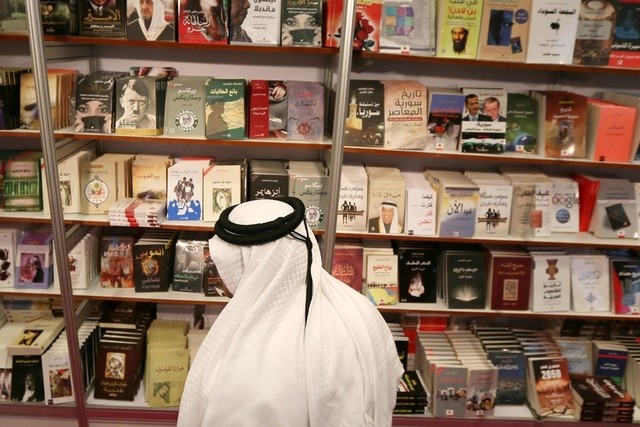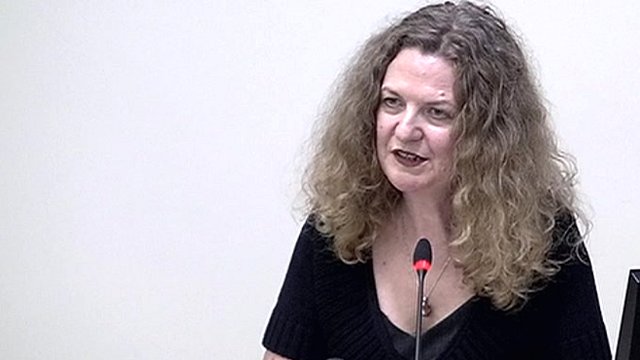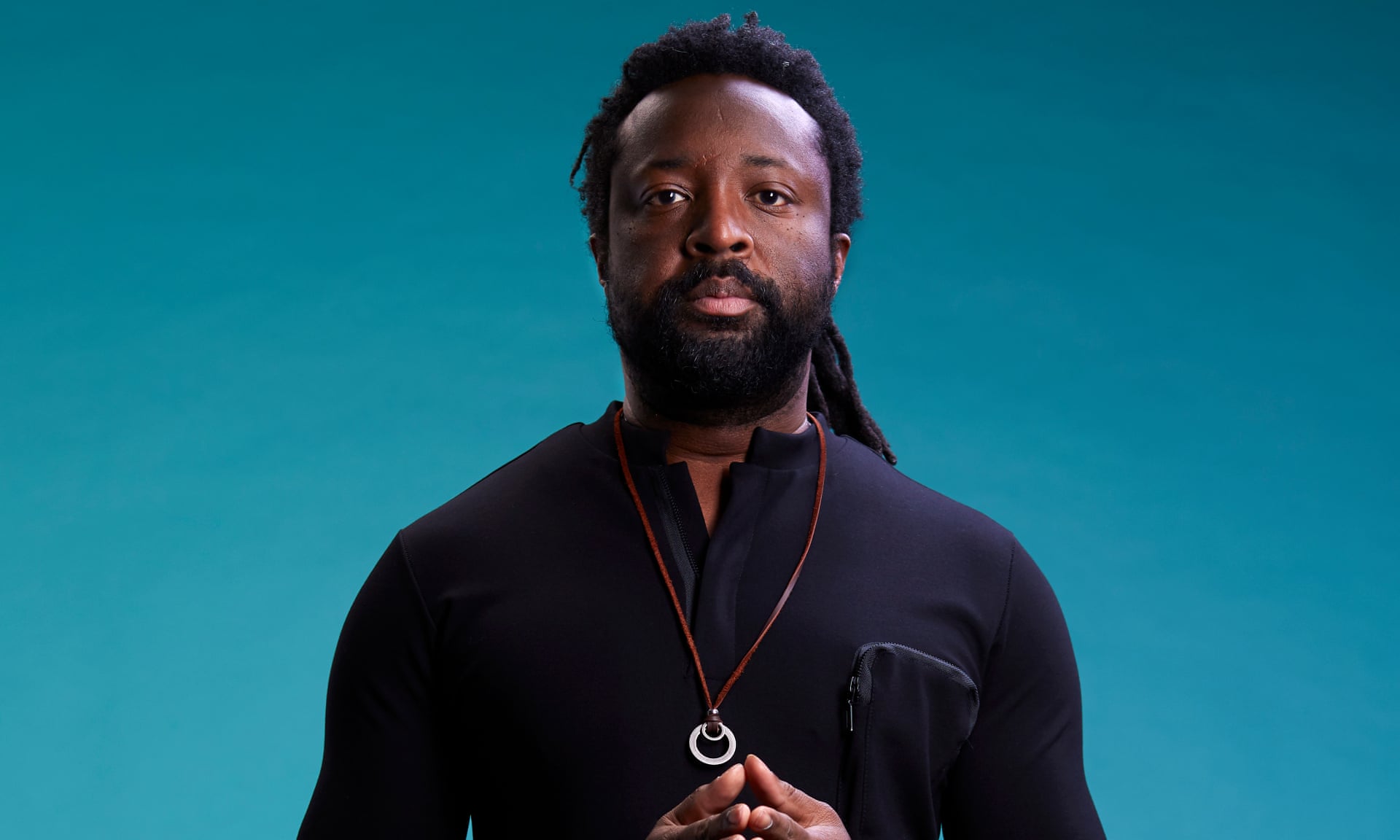When the International Prize for Arabic Fiction was launched in Abu Dhabi in 2007, its chairman, Jonathan Taylor, said he looked forward to seeing “more high-quality Arabic fiction being accessible to a wider world”.
Nine years later, the Ipaf website still notes that “one of the main aims of the International Prize for Arabic Fiction is to encourage the translation of Arabic literature into other languages”.
So while the eventual arrival of Raja Alem’s The Dove’s Necklace in English this week might be a case of better late than never, it does feel like simple “encouragement” isn’t quite enough, if the winning books are to gain wider international recognition.
Good translations, of course, take time – but the five years it took for Alem’s book to reach English audiences feels like an age, not only in contemporary publishing, but in terms of the fast-paced changing face of the Middle East.
It raises the question of whether Ipaf having the international effect it hoped for?
In the lifetime of the prize, none of the shortlisted or winning authors have become international bestsellers. The Arabic Murakamis, Knausgårds and Pamuks have not really emerged.
But while some have raised concerns that Ipaf hasn’t had a greater, more immediate impact on the global ambitions of authors writing in Arabic, it is the prize’s own terminology that has, perhaps, raised expectations unnecessarily high.
In the press release for this year’s prize, Ipaf again “guaranteed English translations for all of its winners”. The reality is much messier than that.
Ipaf is not a publishing company, so the guarantee only covers the cost of the English translation, which is funded by the prize. It still needs a publisher willing to take the plunge and spend money on getting the books into stores and onto e-readers.
All of this takes time. One of the Ipaf trustees, Margaret Obank – who also publishes Banipal, the magazine of modern Arabic Literature in translation – says that there are a number of factors that lead to the usual three-to-five-year gap between award and a translation being published.
“Most Arab authors do not have agents, and most English-language publishers require them,” she says. “And it isn’t the role of the prize to seek out and arrange translations, nor does it have any funding to do so. It’s just a prize, but a prize that encourages western publishers to look to the Arab world for their next authors.”
Still, it is interesting that the new English-language imprint from AUC Press, Hoopoe, features Mohammad Rabie’s Otared, which was on this year’s shortlist. Acquisitions editor Nadine El Hadi says that the Ipaf has definitely raised the profile of Arabic literature.
“It dovetails well with what we are trying to do with Hoopoe in terms of reaching wider audiences with our fiction,” she says. “Their selection of books is an interesting and useful marker for us and we do of course look at their list. We do try to get books out quickly but publishing books in translation is always going to be a slow process.”
Otared was signed up by Hoopoe before the prize recognition – not surprising given its thrilling vision of a dystopian Egypt. And it helps a speedy translation to have a style of novel that perhaps can resonate more easily with “western” readers.
Ipaf administrator Fleur Montanaro told us that Alem’s The Dove’s Necklacewas not a short or easy book to translate – and the process was delayed further by events surrounding Arab uprisings in the region.
Montanaro argues that Ipaf is a “reliable indication of quality”, which is possibly all it can really hope to be. Still, her first-hand experience is that more publishers in the US and UK are showing interest in books on the list.
“The books have a much better chance of reaching an English-speaking audience than they would do if they had not been shortlisted,” she says.
This is a small victory, perhaps, but a victory all the same for the global reach of the Arab novel. As Obank points out, the way Ipaf supports Arabic writing is by helping to create the 21st-century literary environment in which it is quite normal to publish, read or to listen to an Arab author. And that can’t be achieved overnight.


